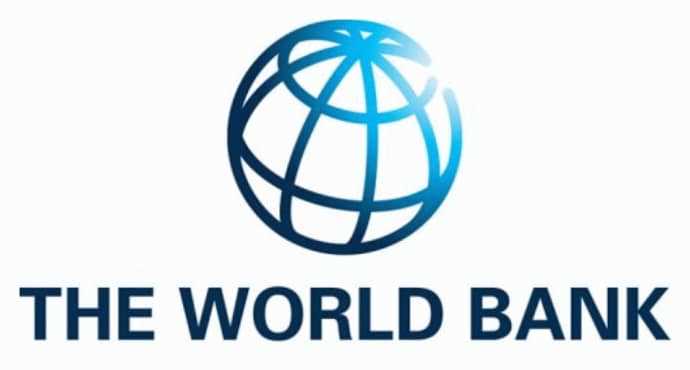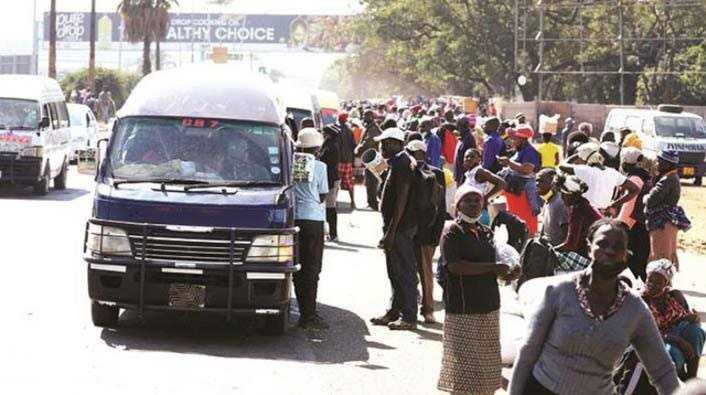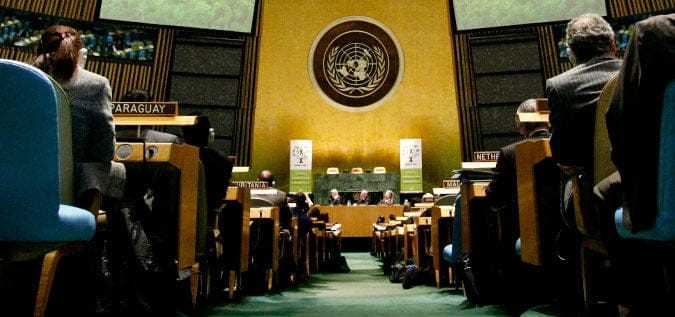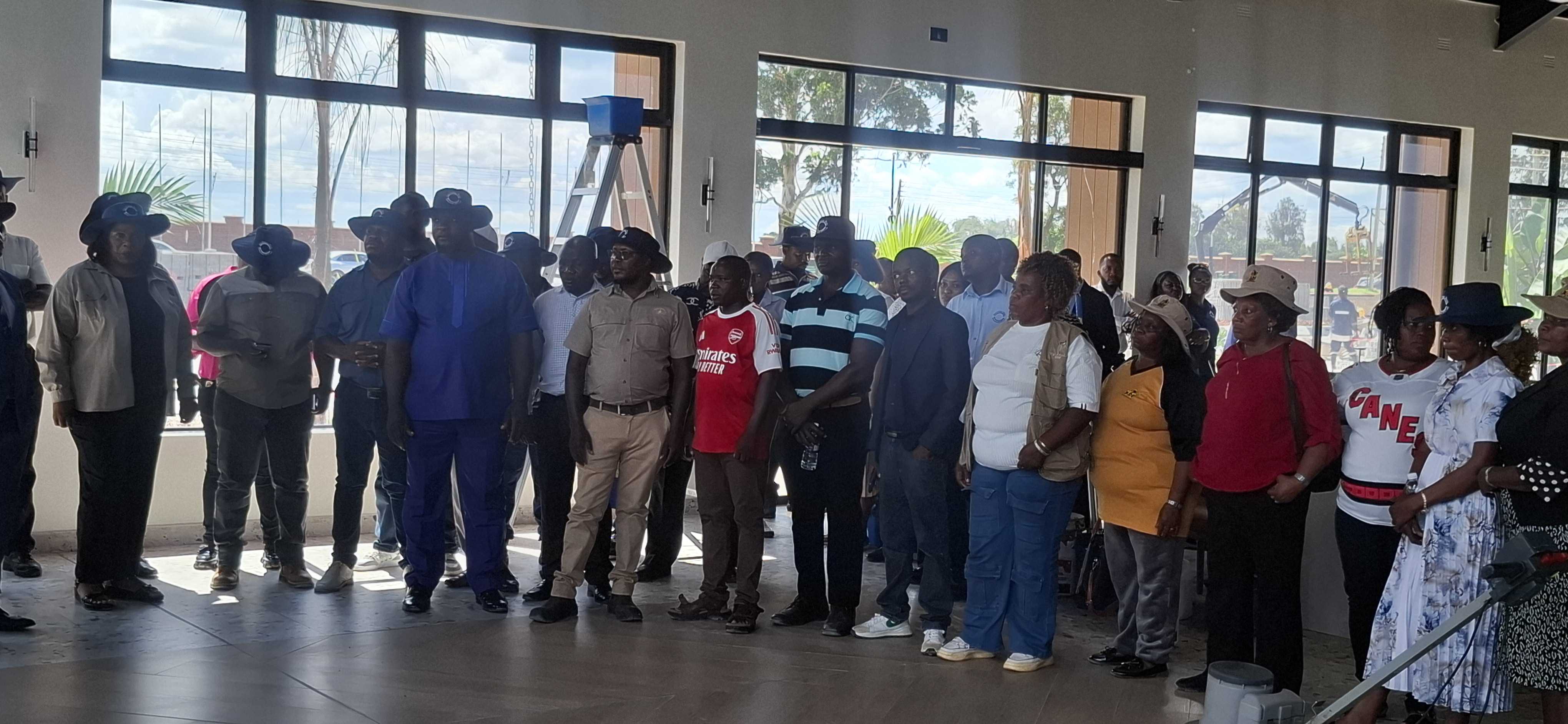
Rutendo Mazhindu
Zim Now Reporter
A dire warning has been issued by the World Bank, cautioning that millions of vulnerable households in Zimbabwe could be pushed further into poverty as food insecurity worsens due to the ongoing El Niño-induced drought.
Related Stories
The 2023/24 agricultural season has been plagued by below-average rainfall, and as the 2024/25 season commences, the drought is expected to have a devastating impact on farmers and communities reliant on agriculture. The World Bank's latest report predicts that this drought could be the worst in over four decades, leading to widespread crop failures and a critical depletion of water resources.
Nearly half of the population in drought-affected areas is now facing food insecurity, with poor households allocating approximately 48% of their income to food. This makes them particularly vulnerable to the escalating prices of essential food items.
Zimbabwe's agriculture sector, which contributes 17% of the nation's GDP and 40% of export earnings, is projected to shrink by a significant 17% due to the drought. The World Bank has emphasized the urgent need for structural reforms and increased support for the agriculture sector to mitigate the effects of the drought.
The bank has recommended immediate investments in irrigation infrastructure, climate-resilient crops, and other measures to improve food security and promote poverty reduction.




















Leave Comments